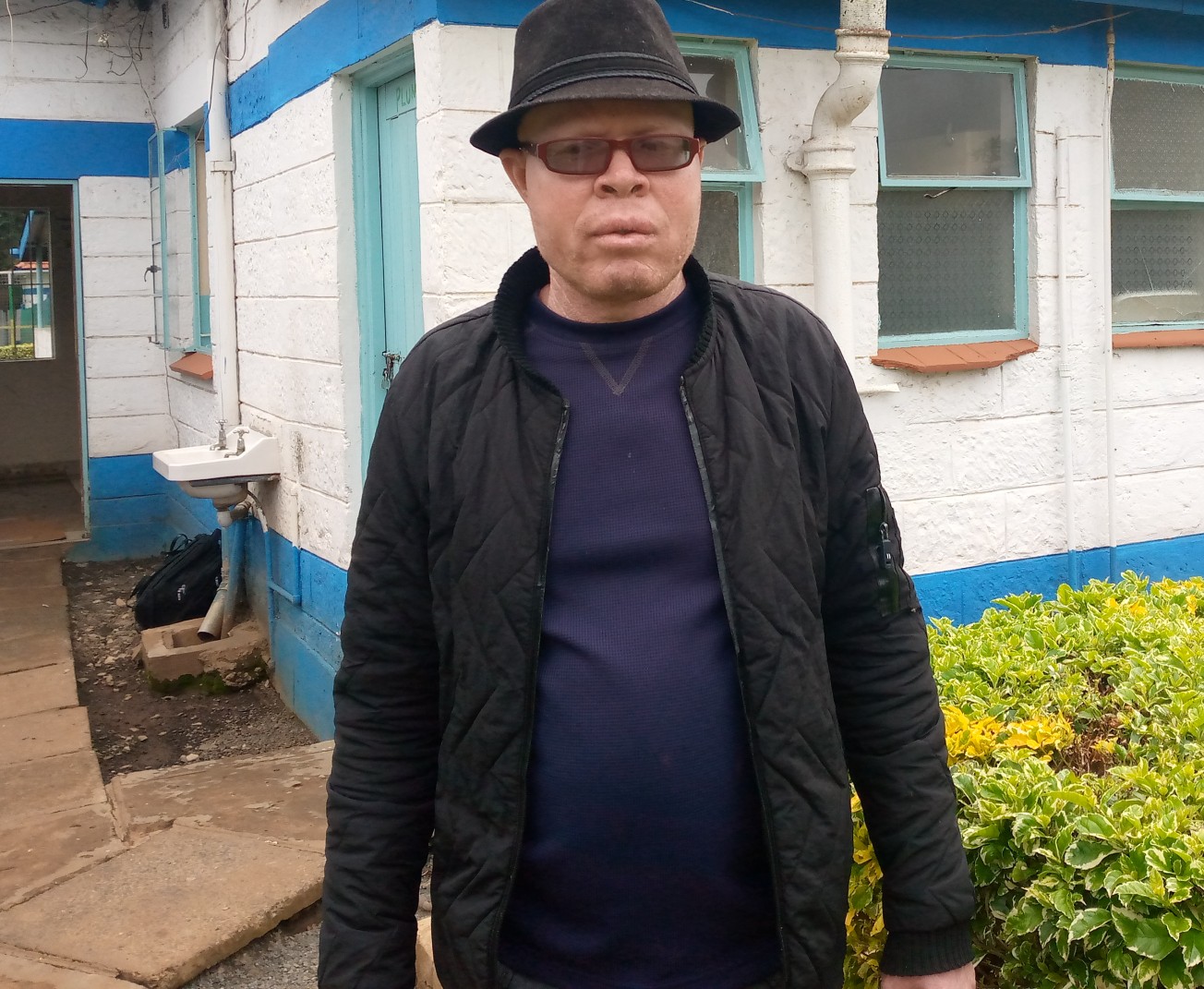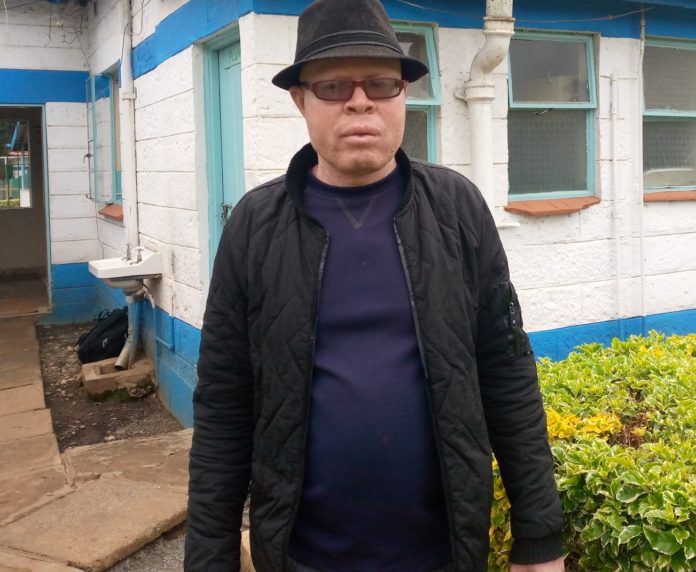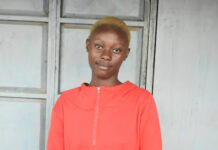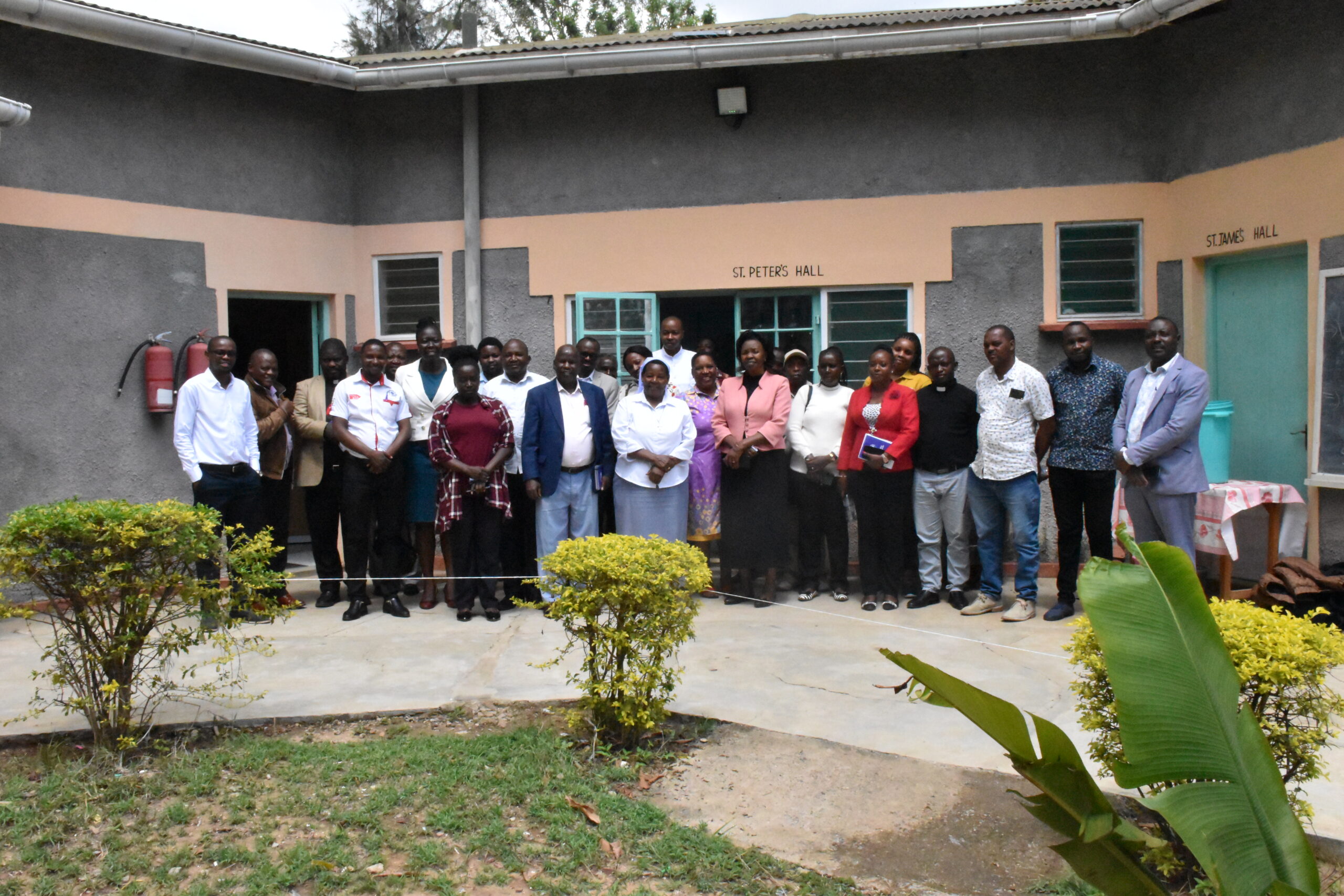By Lenah Bosibori
Nairobi, Kenya: Kenya has prioritized empowering people with albinism by screening them for skin cancer though discrimination remains high according to Daniel Shisia, the acting programs manager Albinism Society of Kenya (ASK).
Speaking at a medical camp held in the capital, Nairobi recently Shisia noted that the risk of skin cancer combined with stigma and discrimination had taken a toll on citizens with albinism.
“We have been discriminated in society, people always portray us as insignificant and without meaning in society,” Shisia remarked.
According to the Kenya National Bureau of Statics census 2019, the country has a total of 9724 people with albinism.
According to Shisia, people with albinism face so many challenges in society, “When it comes to job opportunities, we are left behind because of our skin, we fail to get the jobs due to our condition,” he added.

Skin cancer is also another challenge when it comes to casual jobs. “Only this month we have lost two of us due to skin cancer and six for the whole year have also perished due to skin cancer,” said Shisia.
He urged the government to increase the budget allocation to people with albinism and train them more on how to become financially independent.
“I urge the government to invest more and increase the budget from the current 100 million shillings (884,173 U.S dollars) because the number has increased, previously we knew we were only 3,000, but the census proved otherwise,” Shisia observed.
He said the government issues them with body lotions every month to protect them from the rays of the sun that usually affect their skin leading to skin cancer.
“We usually get this free lotion every month so that it can protect us from the sun, but sometimes we come here and find nothing, we can go even three months without,” said Shisia.
People with albinism have succumbed to skin cancer without knowing, this year alone we have lost six people to skin cancer two of them being in the month of December,” he added.
Monica Akinyi, a mother of a four-year baby who has albinism shared some of her challenges in bringing up her son.
“I have experienced so many challenges with my son who has albinism, first doctors telling me that they can replace his eyes, I know my son can’t get any better eyes because he was born that way, shaking of his eyes is also normal, ”said Akinyi.
At the village level, you cannot walk freely due to stigma and discrimination, people just stare at you as if you have a child who is not normal, people with albinism are normal,” she added.
Akinyi said the father of her child took it normal after going through training when his son was born with albinism.
Anastacia Wakesho, a single mother of four who had recently been detected with skin cancer said financial hiccups could derail her quest for proper treatment.
“I have been diagnosed with a skin condition that needs further treatment but as of now I do not have other means of getting the treatment due to poverty level,” said Wakesho.
Life in Nairobi has become very difficult, sometimes I lack even a single coin to purchase a packet of milk for children, and paying rent is also difficult but I try all means to make sure that children have had something to put in their stomach,” she added
Wakesho said that she cannot forget the stigma she received from her biological father after he realized that his daughter had albinism.
“My own father rejected me, I grew up without a father, I could not even play with other children due to my condition. I hated myself very much, but as I grew older I started accepting myself because I could not change anything,” said Wakesho.














